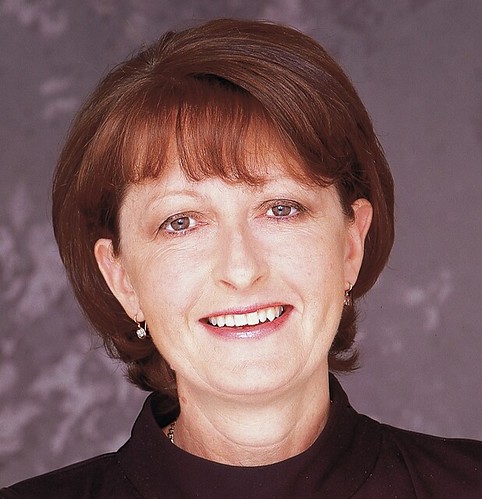More to health than hospitals, Mr Rudd

It’s been widely reported that one of Kevin Rudd’s first moves as Prime Minister elect was to send all Labor MPs back to school. Under instructions to visit one government and one non-government school in their electorates over two days, the MPs will test the waters of Labor’s Education Revolution.
Specifically, the plan to put a computer on the desk of every year 9 to 12 student, and the increased emphasis of trades education in schools will be on the agenda of meetings at schools today, as MPs prepare to report back to the partyroom tomorrow.
To his credit, Mr Rudd has wasted no time, although it does seem a big call to expect MPs and schools to think through such weighty issues in such a limited time. It’s also not clear how much input he’s inviting from state education departments, who might be thought to know a thing or two about the issues at stake.
So when it comes to firming up the party’s health policy, I’m hoping for a more considered approach, as well as one that recognises hospitals are not the only component of our health system. Mr Rudd has announced he will meet with premiers within three months to discuss health, but he must be careful.
It’s an understandable trap for young players with an ER mentality to equate the health system with busy hospitals and big machines. Hospitals may well be at the pointy end of the system, as well as generating most of the scary headlines feared by politicians, but the majority of health care takes place in primary, not secondary, care. Good evidence now exists to show that it’s accessible, high quality primary that has most influence over the state of the nation’s health.
Encouragingly, Labor has promised to develop a long-awaited National Primary Health Care Policy, but on the other hand has already announced GP clinics which may not be in the best interests of patients if they fragment care.
So please Mr Rudd, remember two things when it’s health’s turn.
Take it slowly. When sending out the troops to gather information, allow more than two days.
And please don’t focus on hospitals alone. Sit in with GPs and private specialists, outpatient mental health units, and boarding houses where the mentally ill sit alone smoking themselves to death.
Otherwise, you’re going to get a very warped view of what Australians need and what they’re getting.

